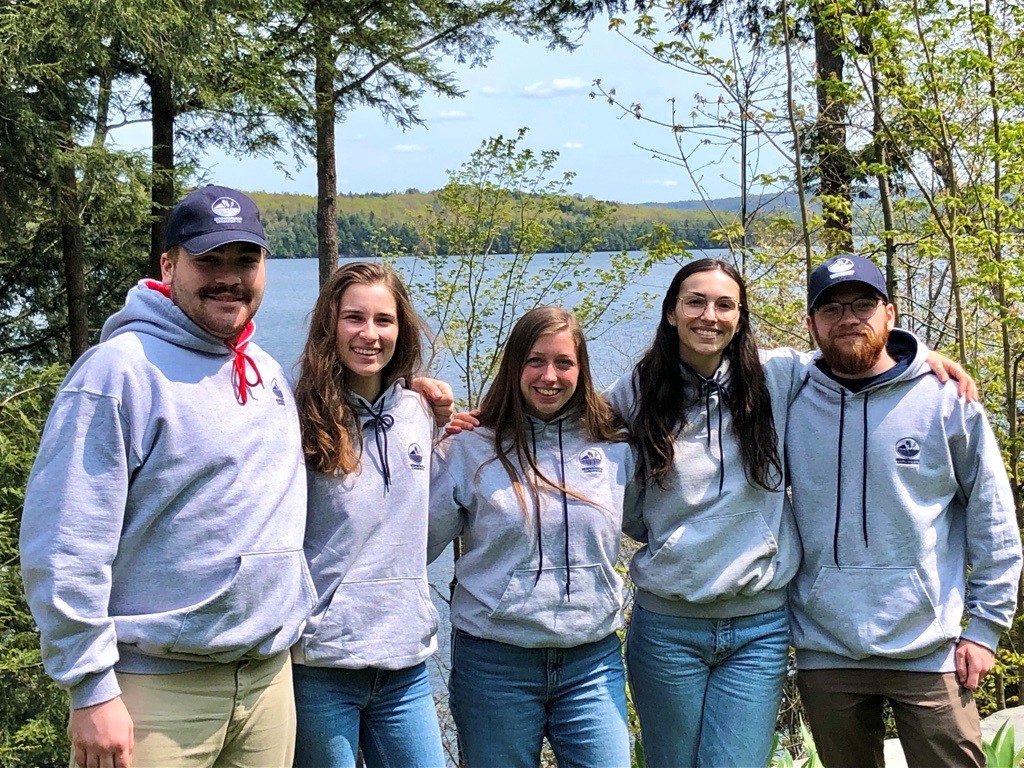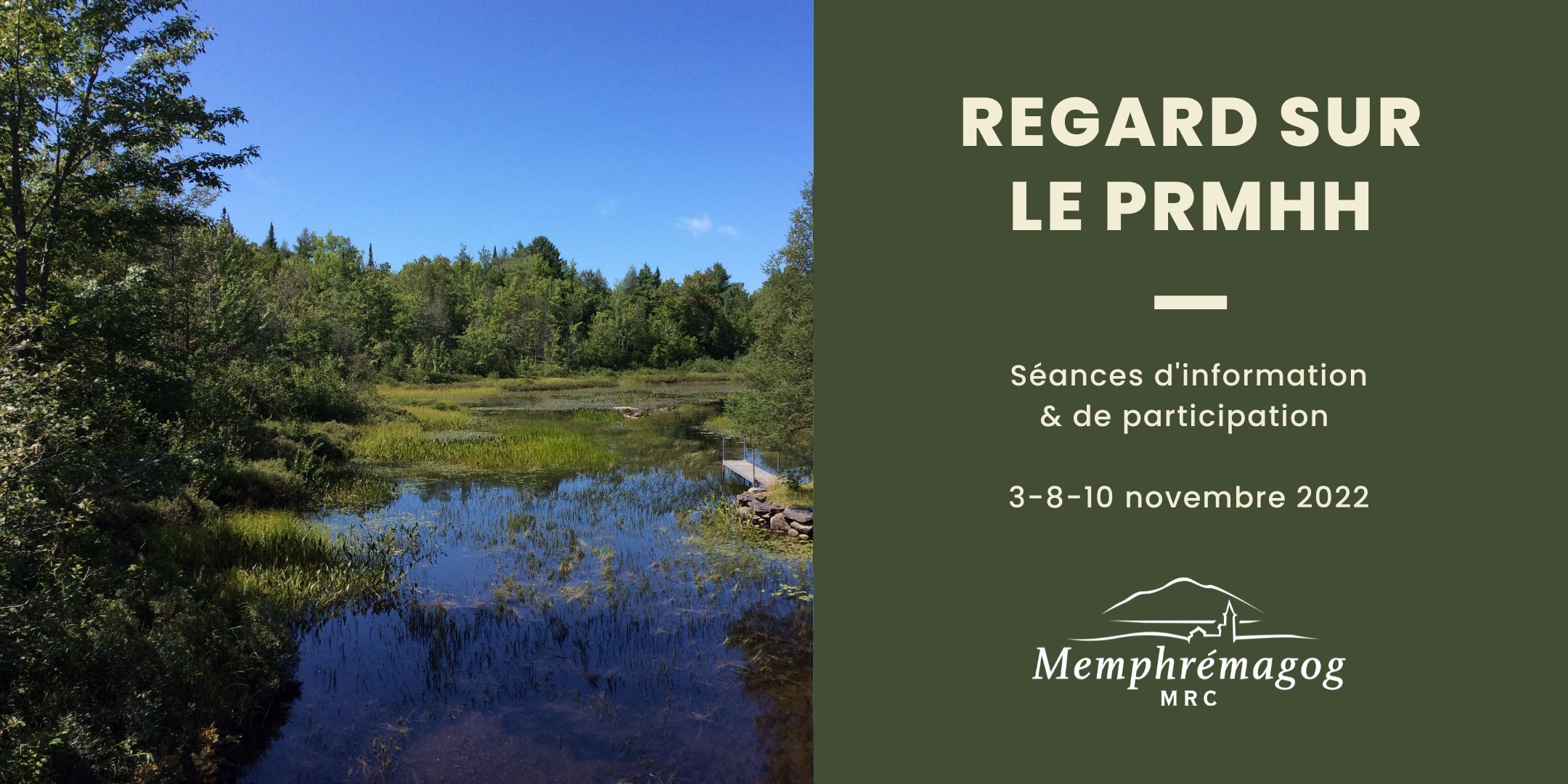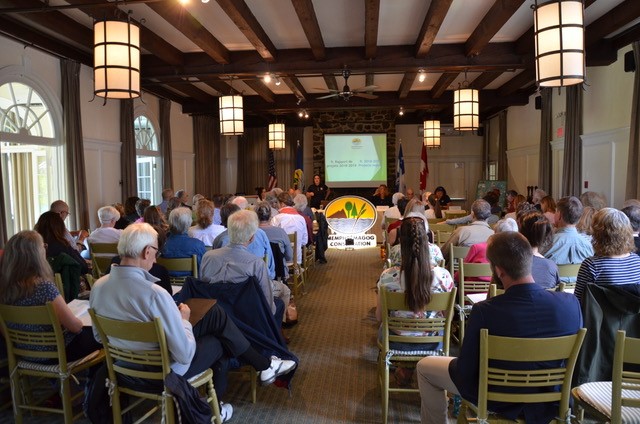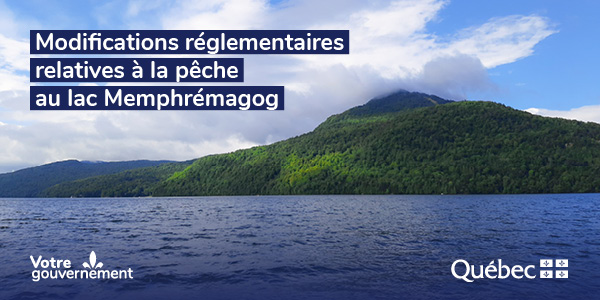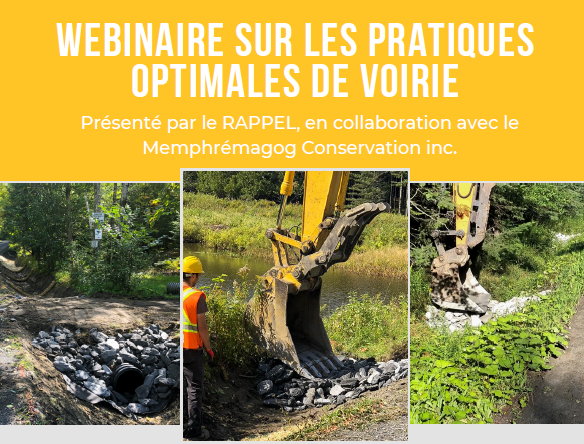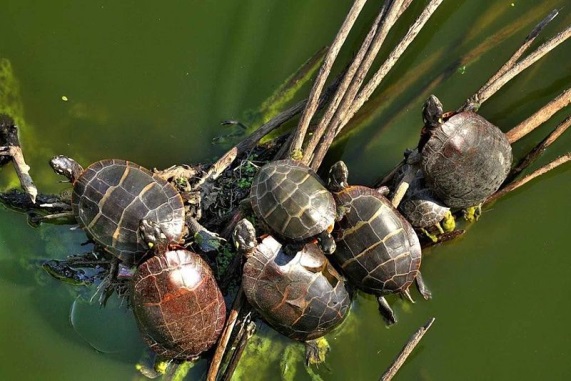What are the different conservation options available?
Ecogift
A landowner can donate his property, in part or in whole, to a conservation organization, to the governments or to a municipality. Land donations give rise to various income tax benefits that depend on the financial situation of each landowner as well as the value of the gift. If the property has an ecological value, the landowner can benefit from certain tax advantages at both the federal (Income Tax Act) and provincial level (fiscal visa according to the Quebec Taxation act). If the landowner chooses to donate his property to a conservation organization in his last will and testament, he can continue to enjoy the property during his lifetime and pass on the tax advantages to his heirs.
In comparison with other kinds of charitable donations, the Canada Revenue Agency has determined that ecogifts should provide better tax advantages. Ecofgifts are not subject to any capital gains and there is no revenue limit in the calculation of tax credits or deductions for the landowner.
Conservation servitude
If a landowner wants to protect his property and still maintain ownership, he can enter into a conservation agreement (conservation servitude) with a conservation organization to ensure the long term protection of the property. The conservation servitude is a legal agreement whereby certain elements of the property are protected. Through this agreement the landowner renounces certain activities that could negatively impact the natural features of the land, thereby ensuring the protection of its natural features. These activities could include construction of roads, buildings or logging. The nature and extent of the restrictions on the area targeted for a servitude depend on the ecological characteristics of the land, how to best protect them as well as the objectives of the landowner. The advantage of the conservation servitude is that the landowner can still maintain certain activities on his proprerty as long as they respect the conservation goals.
A conservation servitude can be of fixed duration or perpetual and the agreeement will follow the title deeds of the property whenever it is sold or bequeathed. However, the donation of a conservation servitude must be perpetual in order for it to be eligible as an ecogift and for the landowner to benefit from tax advantages.
Sale
As a landowner, you can also choose to sell your property at fair market value to a conservation organization that will ensure its perpetual conservation. You can chose a bargain sale, installment payments or other options that you can explore with MCI’s conservation experts.
Nature reserve
Since 2001, it is also possible to have your property recognized as a nature reserve according to the Heritage Conservation Act. To obtain this status, the landowner must sign a conservation agreement with the ministère du Développement durable et des Parcs (MDDEP). According to this agreement, the landowner voluntarily renounces certain uses of the property in order to protect its natural features. This nature reserve status allows the landowner to maintain private ownership and benefit from a municipal tax reduction as well as exemption from school taxes. As in the case of the conservation servitude, the agreement follows the title and ensures that future owners respect the conservation agreement.

For more information:
The pamphlet Conservation...a priority!
The imformation sheet Conservation benefits us all
The information sheet A closer look at conservation options
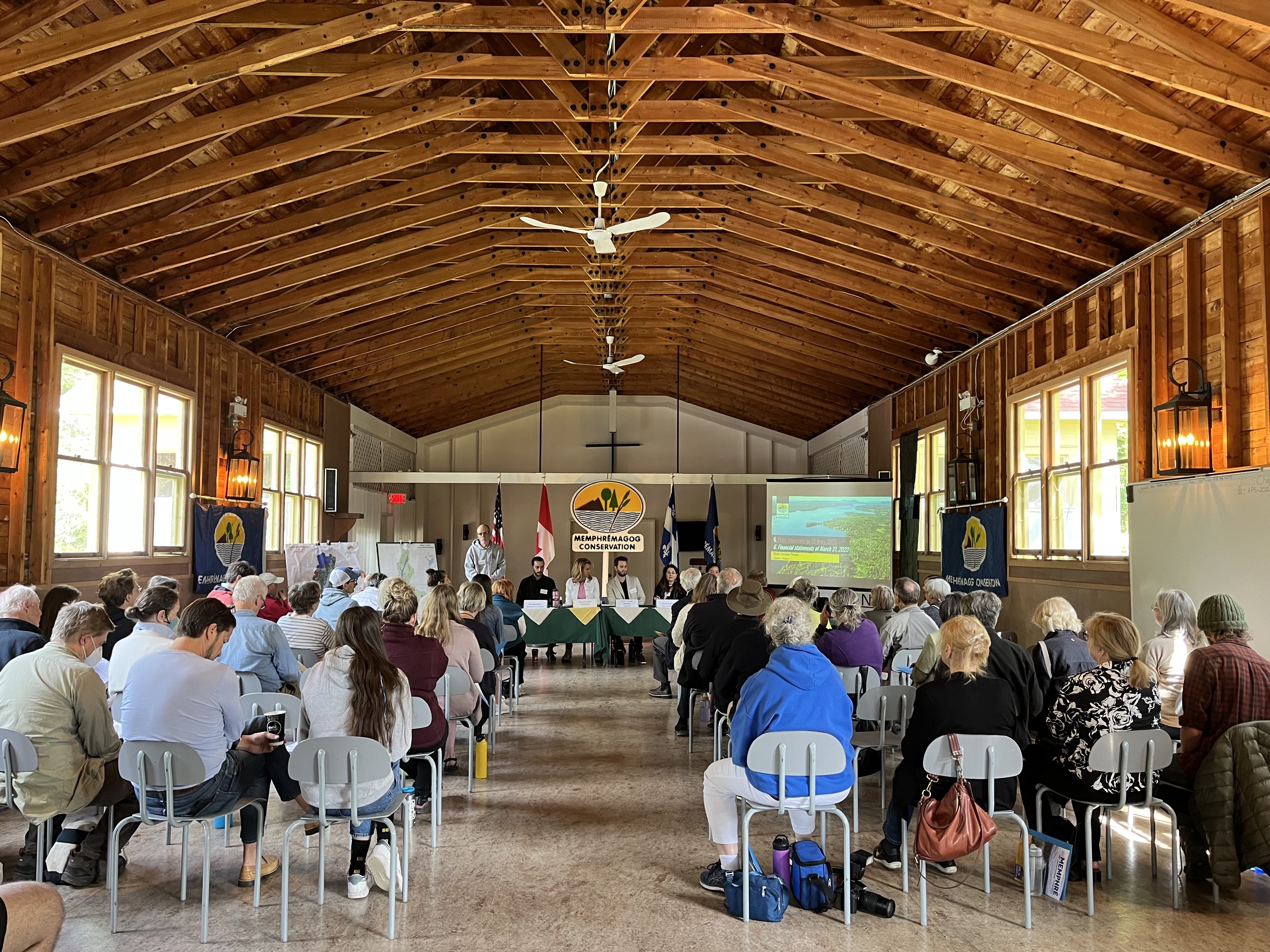
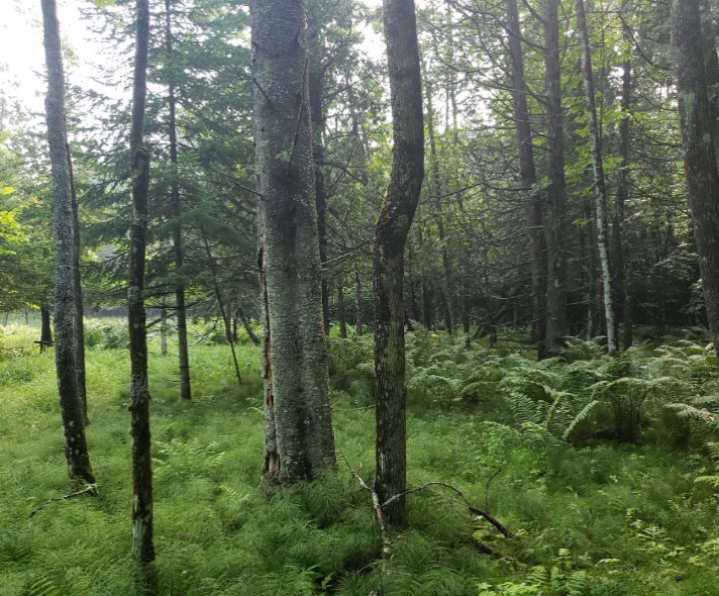
.png)
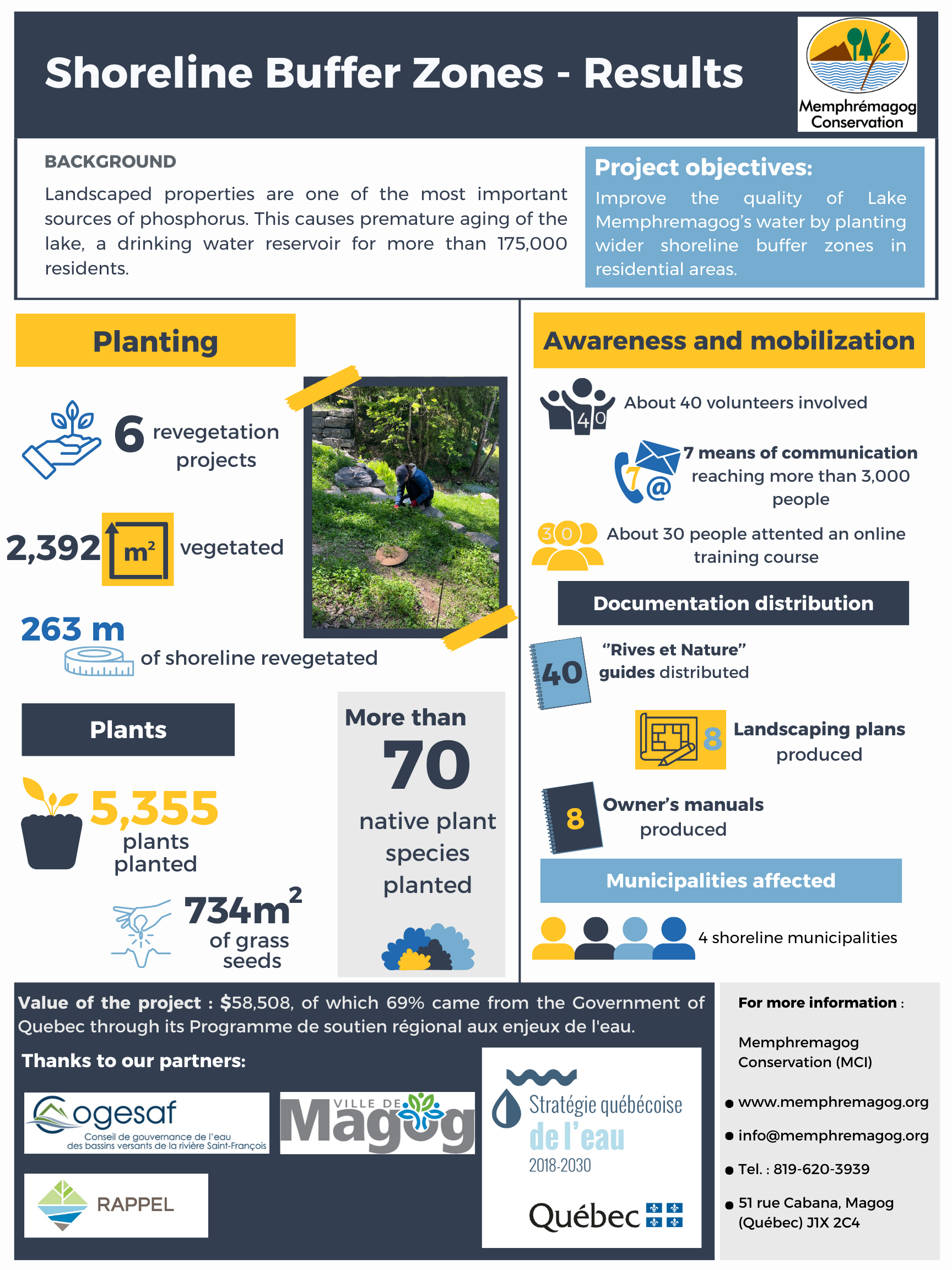



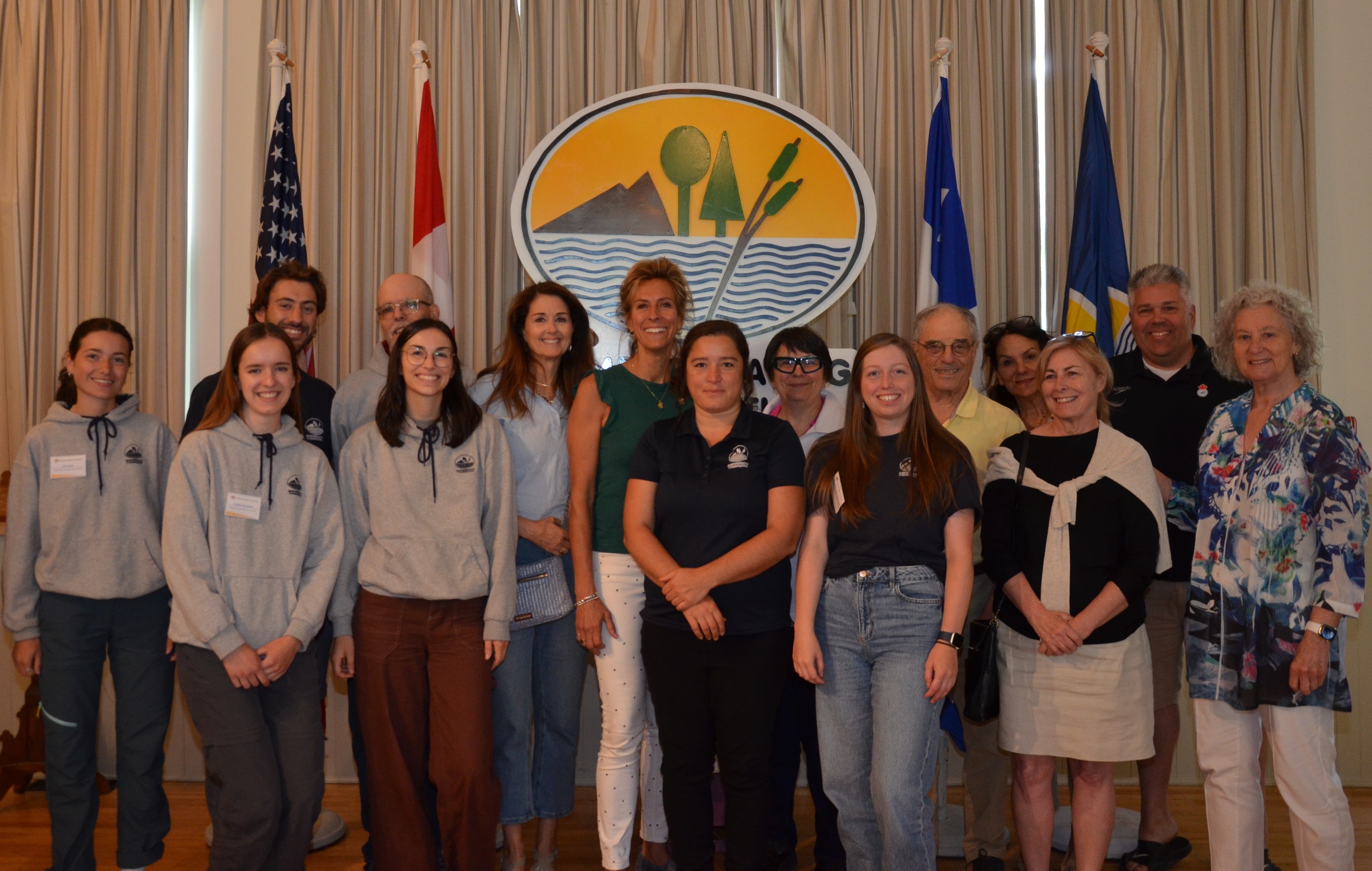

.JPG)
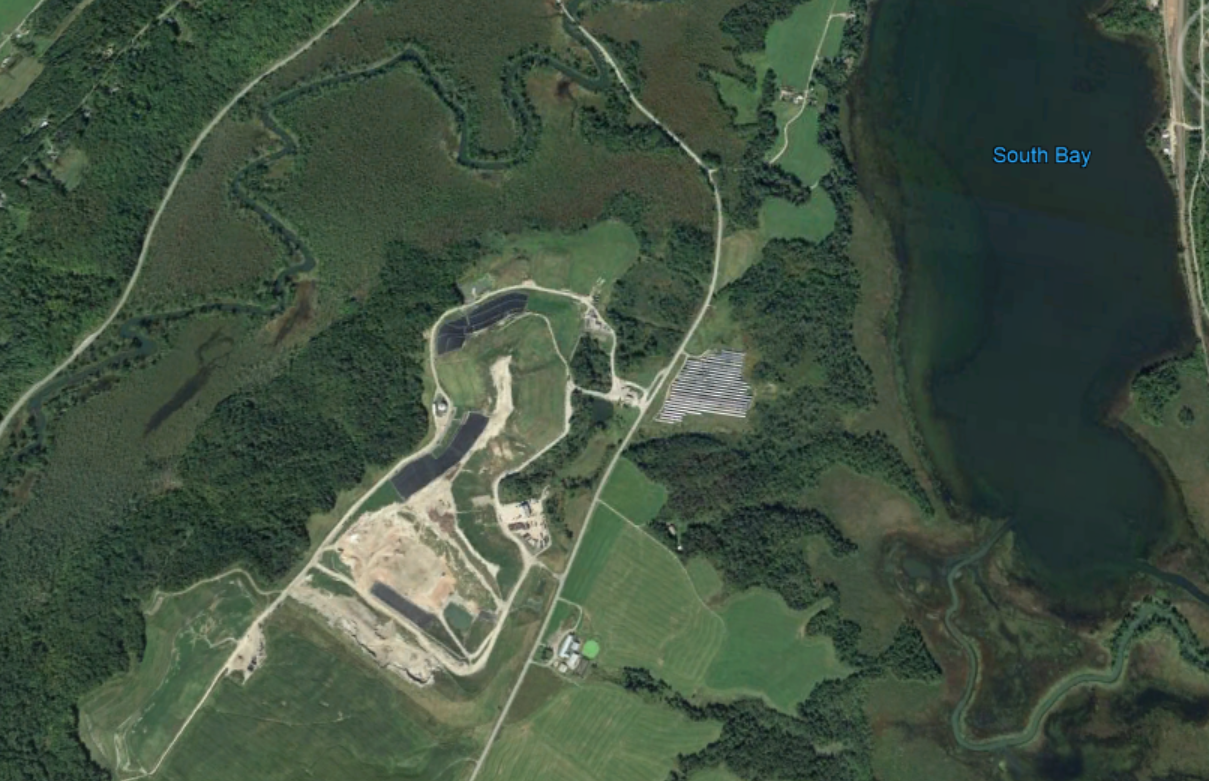
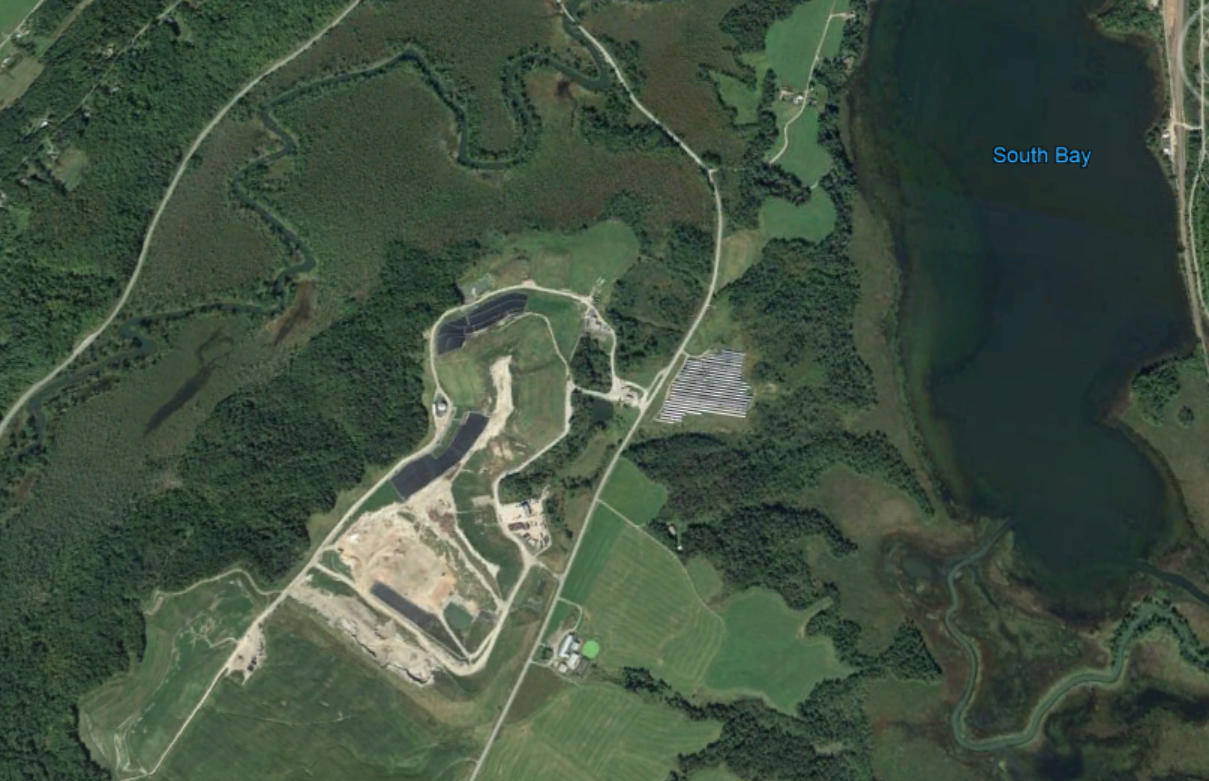





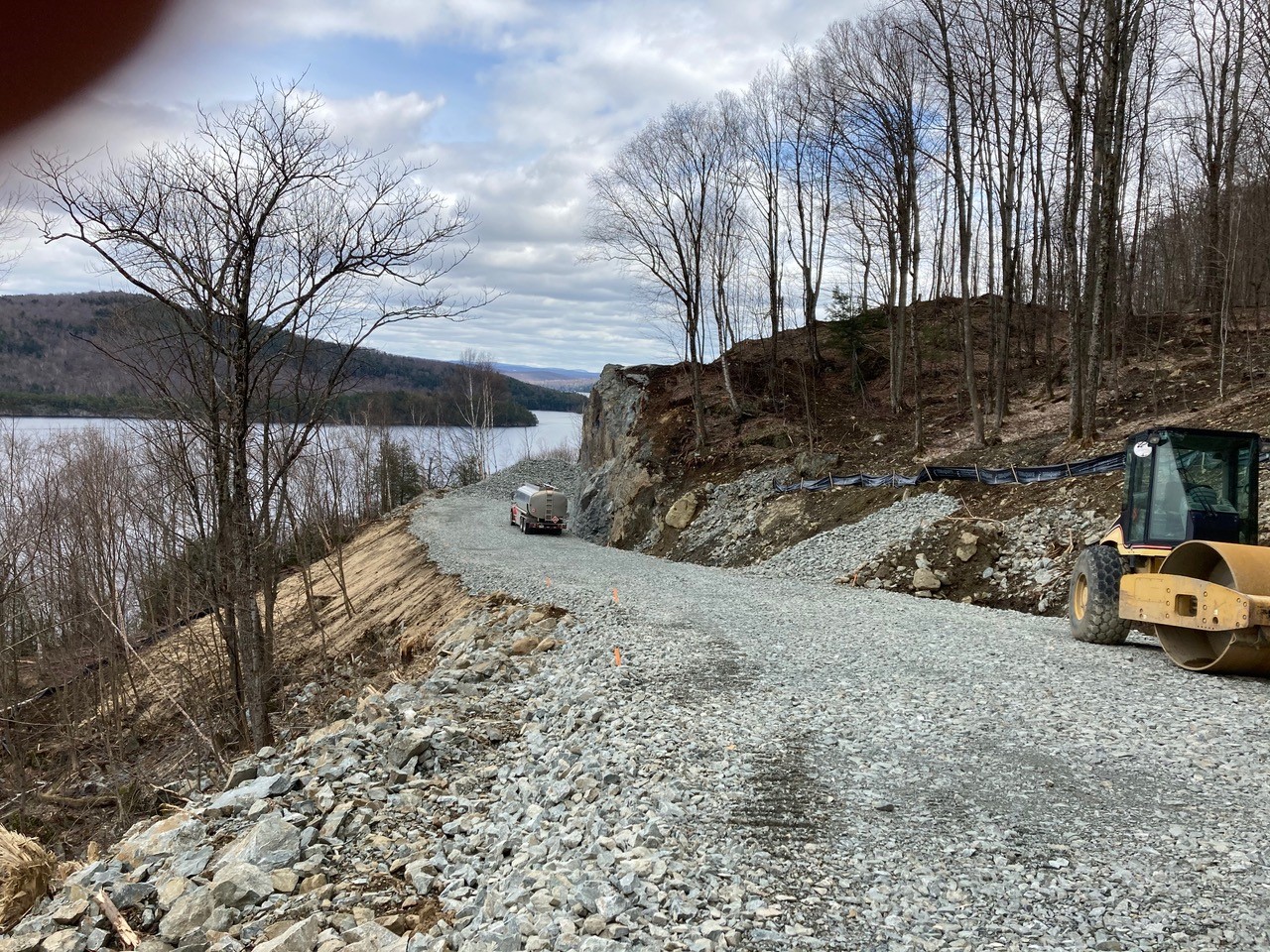
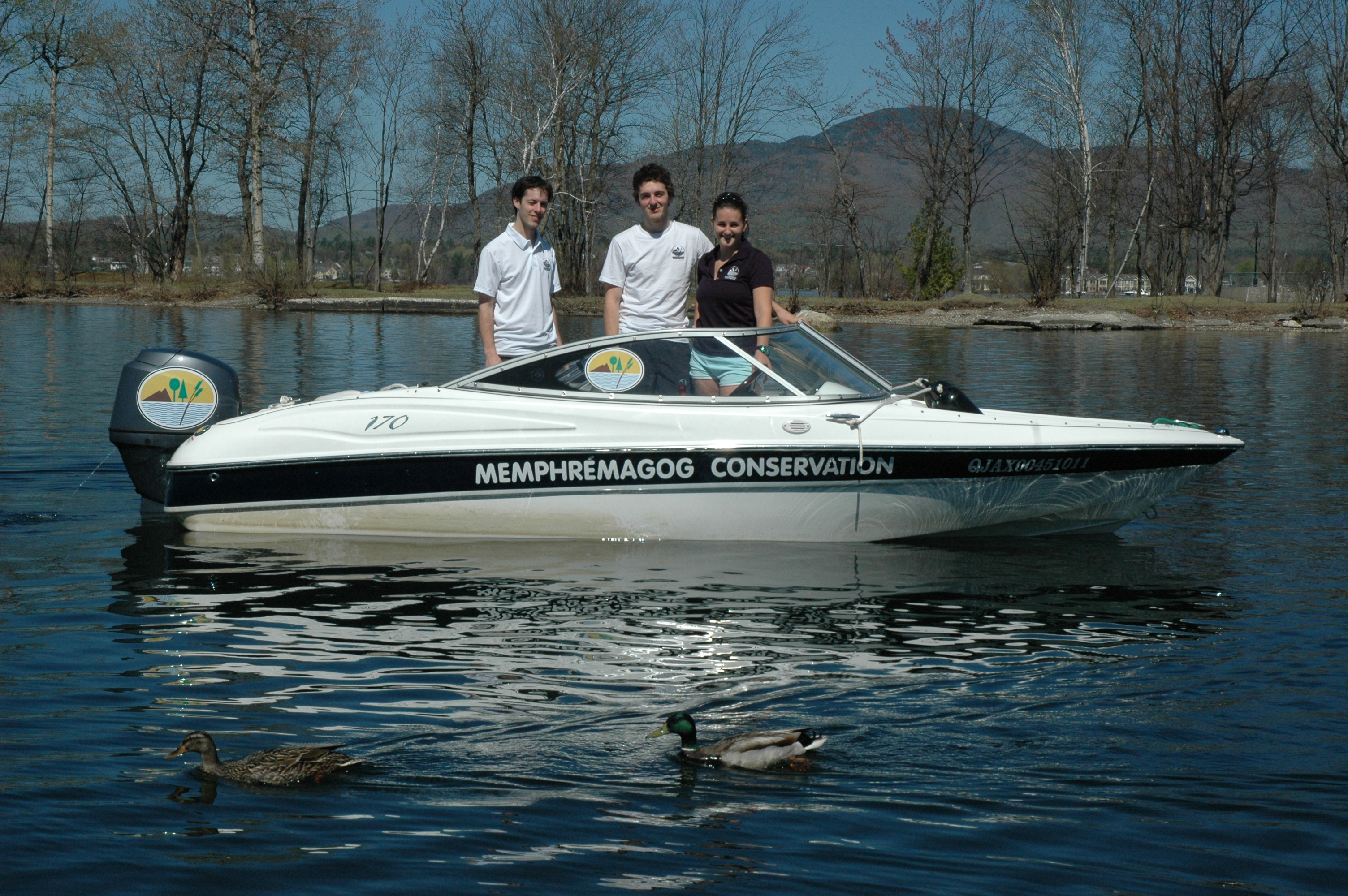













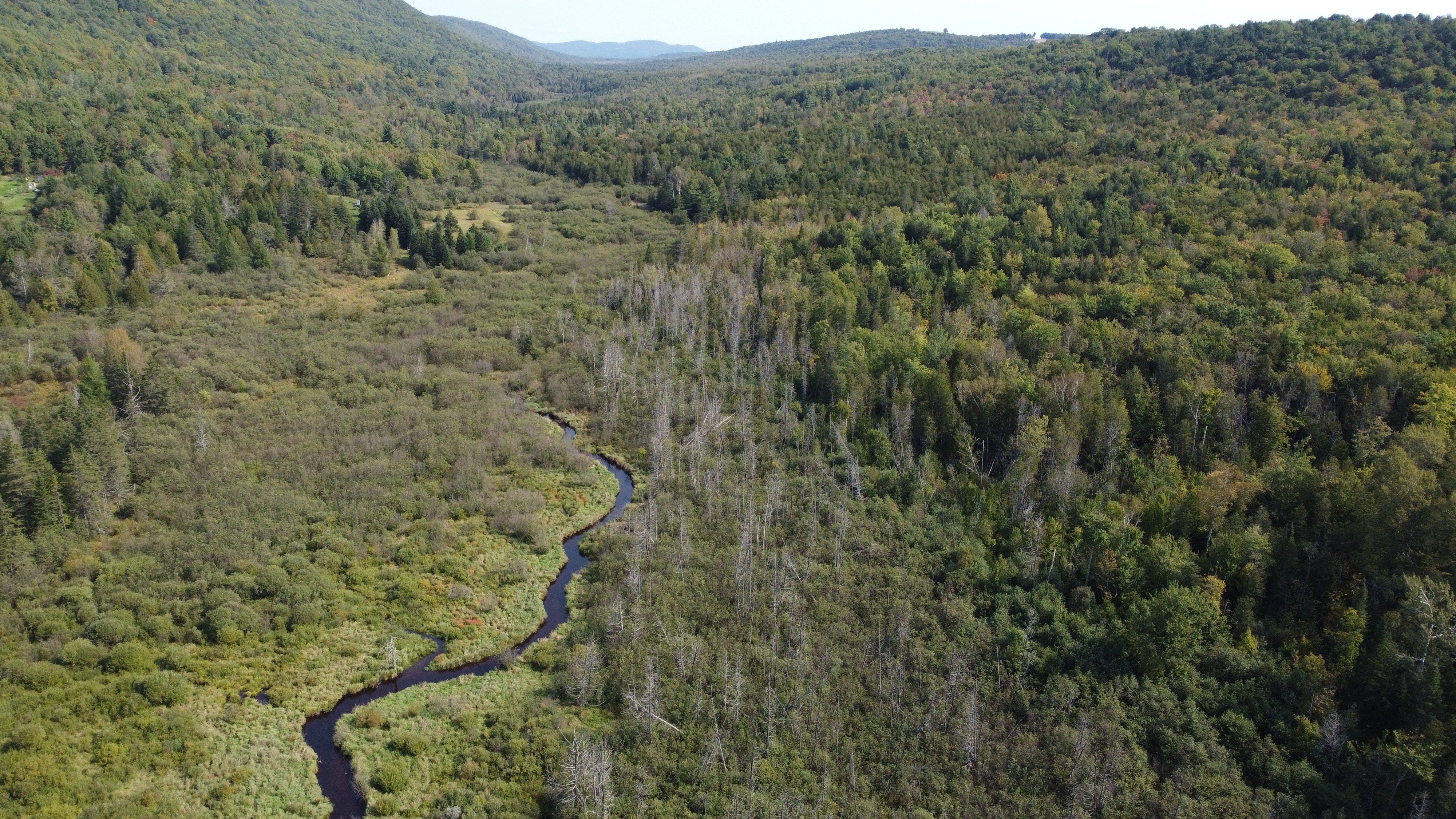
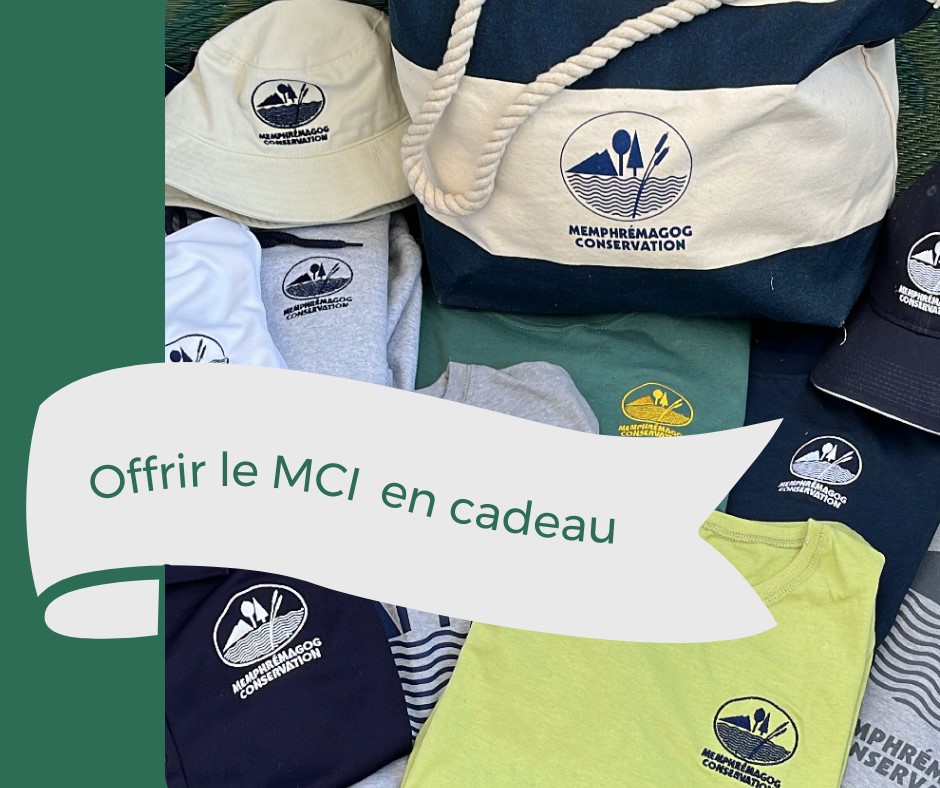
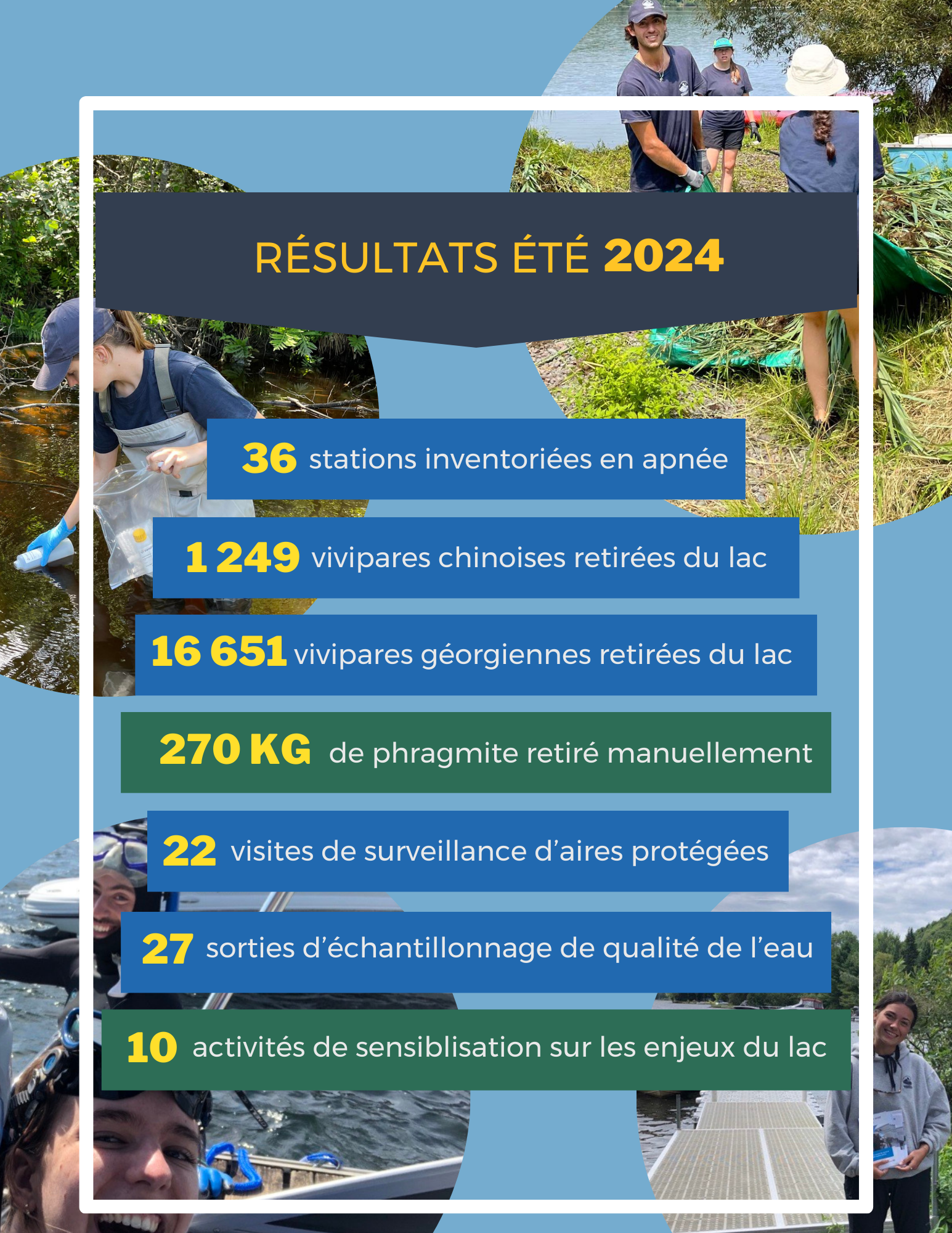
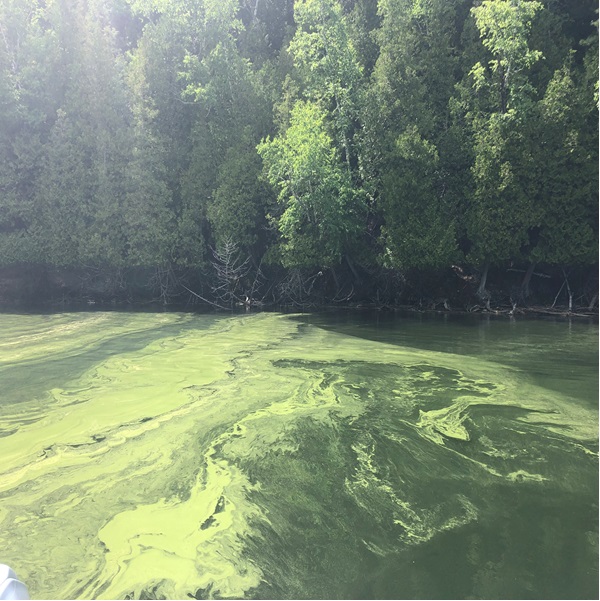
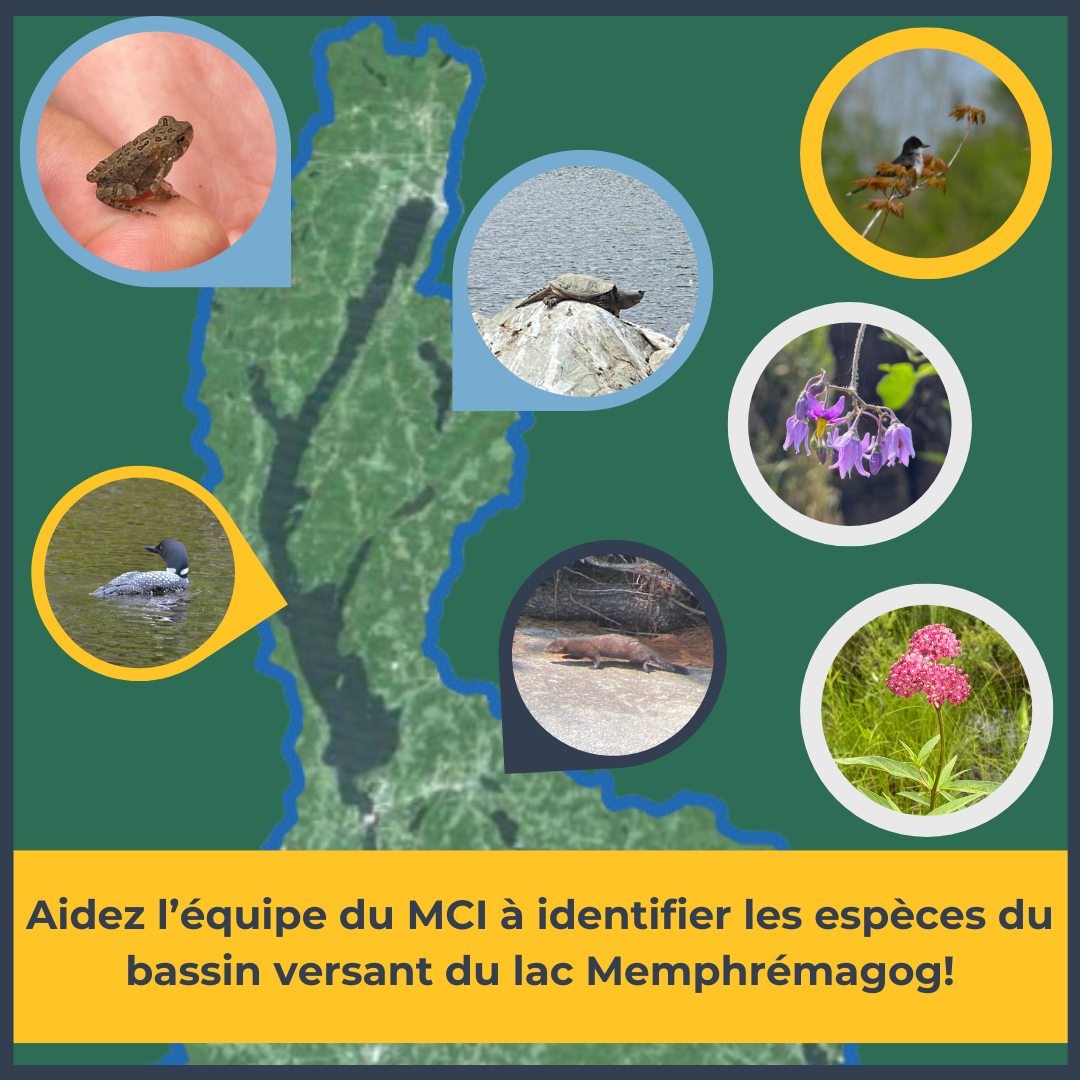
.JPG)




